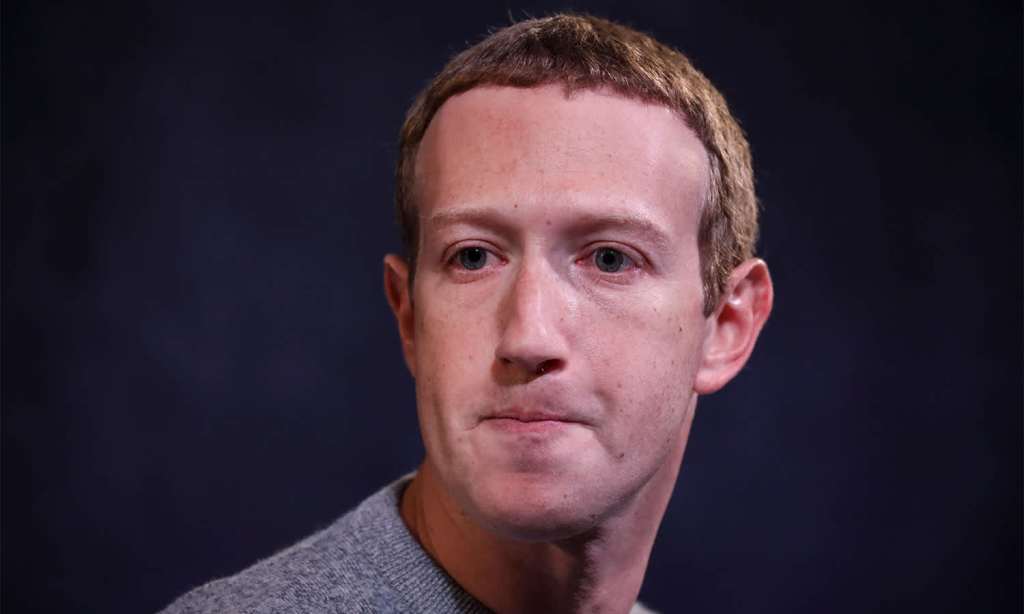The Facebook whistleblower, former employee Frances Haugen, has hit out once again at the social media giant, claiming that its founder, Mark Zuckerberg, has “unilateral control over 3 billion people.”
She has said that Facebook safety teams are under-resourced and that “Facebook has been unwilling to accept even little slivers of profit being sacrificed for safety”.
The Silicon Valley tech conglomerate owns many of the most popular social media and communication apps, including Instagram, WhatsApp, and Oculus.
Haugen warned that Instagram was “more dangerous than other forms of social media”.
Other social networks centre around performance, play, or an exchange of ideas, Haugen explained, but Instagram is “about social comparison and about bodies… about people’s lifestyles, and that’s what ends up being worse for kids.”
Haugen is currently giving evidence in the UK in support of an Online Safety Bill that the UK government hopes to pass to better regulate the social media giant.
She said Facebook’s own internal research described one of the problems it had identified about the way users interact with the app as “an addict’s narrative.” The app makes children unhappy, but they cannot control their use of it and feel like they need the validation that it brings, creating a vicious feedback cycle.
“I am deeply worried that it may not be possible to make Instagram safe for a 14-year-old, and I sincerely doubt that it is possible to make it safe for a 10-year-old,” she told a joint committee of British MPs and Lords.
Haugen, who previously testified to the US House of Congress that Facebook was destroying American democracy, has been sounding the alarm since leaving the company in May of this year.
She released a whole raft of internal company documents last month to The Wall Street Journal which have become known as ‘The Facebook Files’ to The Wall Street Journal. They essentially lay out the motivations of the company, which appears to value profit above all else, even as it knows that its products are causing immense harms.
Some of those documents include leaked messages that appear to show employees taking responsibility for the 6 January riots in the US Capitol that saw hundreds of Trump supporters storm the building and threaten the lives of US lawmakers.
“History will not judge us kindly,” one staffer reportedly wrote on the day of the attack.
“We’ve been fuelling this fire for a long time and we shouldn’t be surprised it’s now out of control,” wrote another, according to the Atlantic.
In Australia, Deputy PM Barnaby Joyce has said that his coalition government is seriously considering plans to regulate Facebook, warning the company that they are “not joking” with their intentions.
Huagen has already warned Australian politicians that, while Australia is a relatively small market for the company, it still holds influence. She recommends that Australia band together with the US to enforce transparency laws on social media.
“Facebook’s pattern of behaviour — in terms of where they invest their integrity resources — shows that they know they are vulnerable to regulation in the United States at a minimum,” Haugen said.
“There are opportunities for cooperation with the United States government and saying, ‘Guess what, you can act, why don’t we work together on transparency regulation?'”
It’s been a rough few weeks for Facebook. The company has been rocked by Haugen’s allegations and has been hammered by governments across the world who are stepping up to regulate the social media giant. Netflix too is currently producing a show based on the internal workings of Facebook that is not set to portray the company well.
Last week its plans to rebrand the parent company were leaked, revealing that Zuckerberg is trying to steer the business away from traditional social media and towards building something called the metaverse.
The metaverse is a planned next-generation of the internet that many of the world’s top tech firms and entrepreneurs are investing heavily in. It seeks to join the internet with virtual reality and wearable augmented reality technology to bring the whole thing even closer into our lives.
While it sounds exciting and terrifying in equal measures, Facebook didn’t escape headlines branding the company “toxic” and claiming the name change was an effort to step away from the burning wreckage of public health, democracy, and public decency that the company has left in its wake.
Haugen herself has explained that the company is not inherently evil, and that it is in fact staffed by many good, conscientious people. However, the structures within the company appear to promote and encourage those who ignore safety concerns.
“Facebook never set out to prioritise polarising and decisive content; it just happened to be a side-effect of the choices they did make,” she explained.
In response to the allegations, a Facebook spokesperson said: “At the heart of these stories is a premise which is false. Yes, we’re a business and we make profit, but the idea that we do so at the expense of people’s safety or wellbeing misunderstands where our own commercial interests lie. The truth is we’ve invested $13bn and have over 40,000 people to do one job: keep people safe on Facebook.”
As more and more countries react to the revelations that Huagen has been serving up to various governments, the social media giant looks to be occupying an increasingly precarious position.
Read more stories from The Latch and subscribe to our email newsletter.







